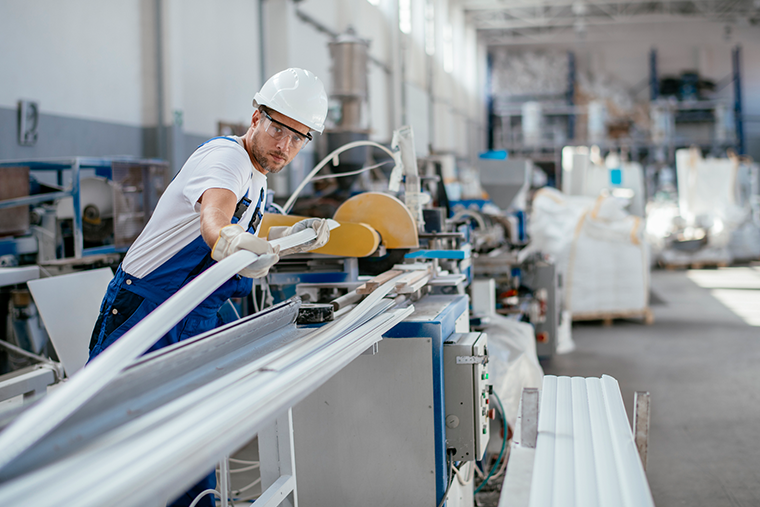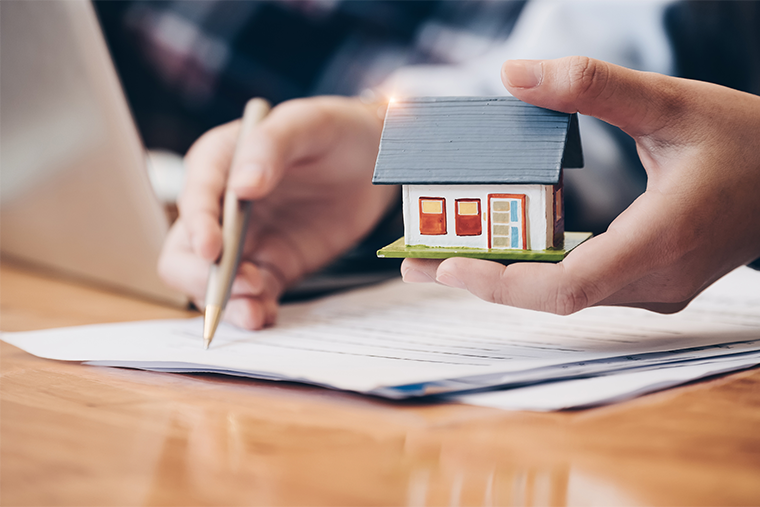End of financial year is a great time to take advantage of business equipment deals, particularly with the threshold for the instant asset write-off for small and medium business (up to $500m turnover) being raised from $30,000 to $150,000 for assets installed ready for use between 12 March 2020 – 30 June 2020. Unless extended, the instant asset write-off is scheduled to revert to businesses with turnover of up to $10m and assets costing less than $1,000 on 1 July 2020.
Planning ahead and thinking carefully about your business needs are key to minimising both tax liability and cash flow impact.
This year, with the threshold for immediate tax deductions increased from $30,000 to $150,000 for businesses with annual turnover of less than $500m, small and medium businesses have the opportunity to lower their FY20 tax liability substantially.
However, there are several caveats.
The actual limit also varies slightly depending on whether a company is registered for GST. If an entity is GST registered, it will earn GST input credits for the GST component of the expense, so the GST-exclusive amount must be below $150,000. If an entity is not registered, the GST-inclusive cost must be below the $150,000 threshold.
How to finance your business equipment purchase
If you would like more information regarding equipment finance please contact your Prosperity principal adviser or Matthew Guy on 0447 014 711 or mguy@prosperity.com.au.
In addition, new assets (not second-hand assets) acquired between 12 March 2020 – 30 June 2021 are eligible for “accelerated depreciation” with a 50% deduction upfront and the remaining 50% over the usual life of the asset. This measure could apply, for example, to new assets costing more than $150,000 and installed ready for use before 30 June 2020 for which the instant asset write-off is not available.
As business owners rush to minimise tax liability and equipment suppliers fight for the dollars those businesses are looking to spend before 30 June, end of financial year generally sees commercial equipment heavily discounted.
The $150,000 expense limit must allow the item to be usable in the business. So it must include, for example, any transport or installation costs.”
Obviously, if you are going to take advantage of the $150,000 instant asset write-off, you only get a marginal rate of tax back as a benefit. So if you rush out to buy, but you didn’t have a $150,000 profit in the year, there is no immediate tax benefit.
Finally, as with any purchase, actual need must be considered. While a purchase will help to bring down tax payable, it is only sensible if the item is legitimately required.
Your adviser compares this consideration to the decision about whether to pay cash for a company car or to buy it with finance; the interest is an extra cost, but it allows the company to hold onto capital that may be put to a use that provides a higher return than the cost of the interest.
There are several ways to finance the purchase of business equipment, including straightforward commercial or equipment loans, finance leases, hire purchase, and a host of function-specific products, for example, for medical or technology equipment, for agribusiness, or to purchase energy-efficient equipment that will reduce the cost of business operation.
- Commercial/equipment loan: the lender provides full or part finance for the purchase and holds a mortgage over the equipment. The mortgagee owns the equipment and makes repayments over a fixed term.
- Finance lease: the lender purchases the equipment and owns it, leasing it to the business. At the end of the lease term, the business can hand back the equipment or purchase it, and may be able to refinance to fund the purchase.
- Hire purchase: similar to a finance lease, except the business owns the equipment after the final payment.
For equipment that is continually superseded by newer models, for example computers, finance leases offer a structure that plans for regular upgrades, but care needs to be taken to ensure that the lease period is not longer than the period in which the technology will be superseded, as it is fixed. This structure also offers businesses the ability to procure the equipment they need without impacting their line of credit, as it is not considered a credit liability.

